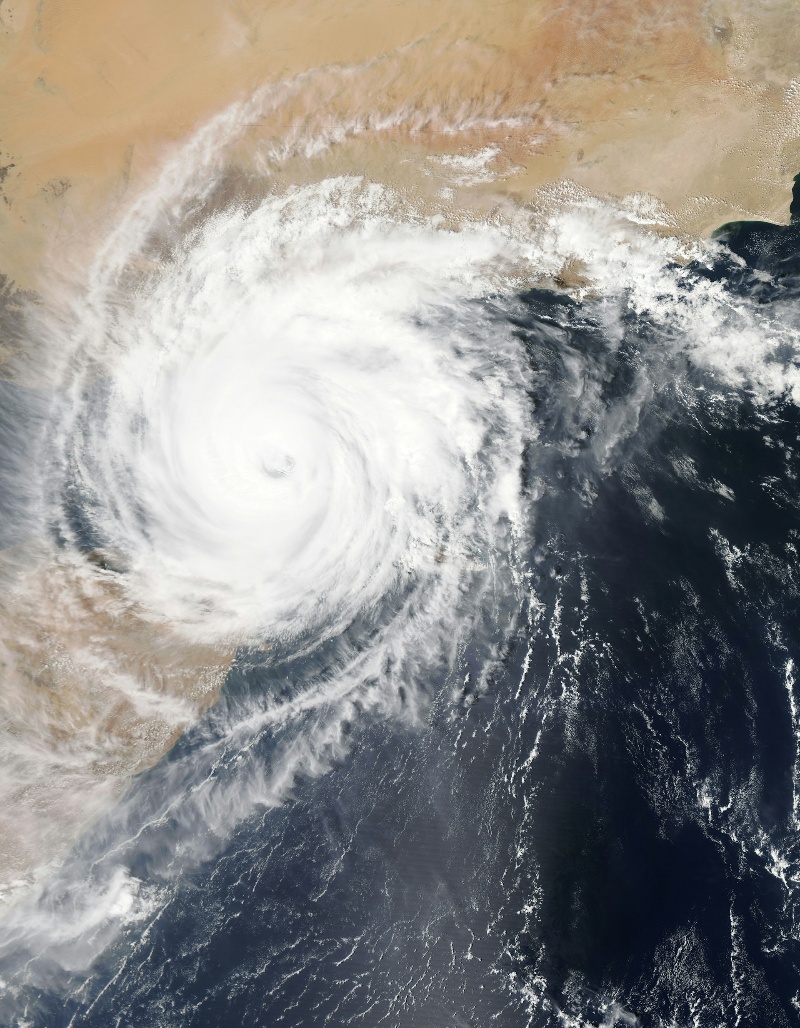EMPIRIC_AI: AI-enabled ensemble projections of cyclone risk for health infrastructure in Pacific Island Countries and Territories

PI and co-PIs: Christopher Horvat (The University of Auckland); Berlin Kafoa (The Pacific Community); Michelle McCrystall (The University of Auckland); Elizabeth McLeod (World Health Organization); Craig McClain (Harvard Medical School)
Funding amount: $139,500
Project overview: Tropical cyclones have significant implications for public health and safety, as well as directly impacting healthcare facilities. Communities in Pacific Island Countries and Territories (PICTs) will bear an inequitable fraction of climate change impacts and their healthcare infrastructure is expected to be under extreme pressure in the coming decades. Policymakers need region-specific data about future climate-related risks to inform adaptation plans, but current climate models are inadequate at representing small territories. This project will develop higher resolution climate models and targeted cyclone risk projections for health infrastructure in PICTs. This work will provide decision-makers and the public access to new datasets and tools with dedicated, high-resolution projections of future risks and planning to support health resilience for frontline communities.
Full abstract:
Click to expand
Anthropogenic climate change is a global public health emergency. Changes to tropical cyclones, and associated waves, winds, storm surge, and extreme rainfall have direct impacts on the health of individuals and the healthcare facilities that serve them. These risks are particularly relevant to geographically dispersed Pacific Island Countries and Territories (PICTs) - which bear an inequitable fraction of climate change impacts and whose healthcare infrastructure is expected to be under extreme pressure in the coming decades. Skillful climate forecasting is urgently needed to address PICT healthcare needs. Policymakers must have interpretable, geographically specific, and statistically sound information about future climate-related risks. PICTs comprise more than 10,000 islands and atolls, of which several hundred are inhabited. Yet fewer than 5 are large enough to be properly represented by climate models. The contrast between highly localized PICT geographies and coarse climate projections frustrates the ability of stakeholders to evaluate climate sensitive health risks and consequently climate-change-associated impacts on healthcare infrastructure. Here we begin to address this need. We will use machine learning to merge two recent scientific developments: (1) high-resolution state estimates of Pacific climate and (2) statistical modelling of tropical cyclones, building an AI-driven statistical ensemble of site-specific tropical cyclone risk across the Pacific. Working with our network of Pacific partners, we will develop targeted models and metrics pinpointed to specific healthcare facilities and PICTs, disseminating datasets through an open web portal hosted by the Auckland Climate Systems Laboratory, providing actionable information to PICT stakeholders.
Climate Science & Modeling Societal Adaptation & Resilience Climate Justice Extreme Weather